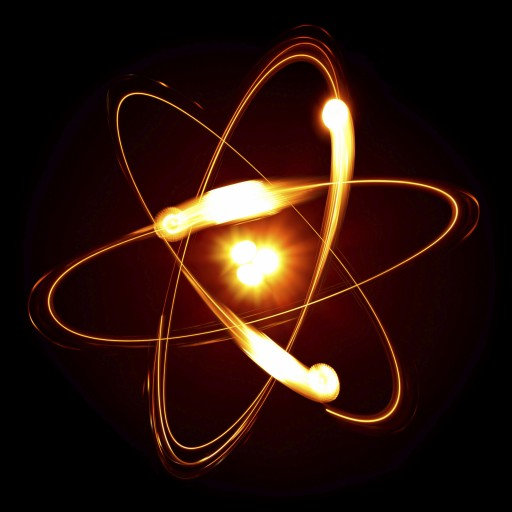- Teacher: Andriy Okhrimovskyy
- Teacher: Oksana Podshyvalova
- Teacher: Кислицин Олександр Петрович
- Teacher: Andriy Okhrimovskyy
- Teacher: Oksana Podshyvalova
- Teacher: Клименко Ігор Андрійович
- Teacher: Полубояров Олексій Олександрович
- Teacher: Таран Анатолій Олексійович
- Teacher: Чугай Олег Миколайович
- Teacher: Кислицин Олександр Петрович
- Teacher: Полубояров Олексій Олександрович
- Teacher: Клименко Ігор Андрійович
- Teacher: Таран Анатолій Олексійович
- Teacher: Oksana Podshyvalova
LEARNING OBJECTIVES
The purpose of the Physics course is to form an idea of the modern physical picture of the world, grant knowledge about the most important principles and laws that determine the structure and the simplest forms of motion of matter, and prepare students for a qualitative study of general technical and special educational components. By studying the physical phenomena, students learn to analyze data, construct logical chains, and make reasonable conclusions.
PROGRAM LEARNING OUTCOME
Use of methods of physical abstraction and modeling in describing complex systems.
ADDITIONAL LEARNING OUTCOMES
By the end of the Physics course, students
should know: fundamental notions, laws and theories of classical and modern physics; basic physical phenomena and their explanation; main methods of physical research; methods for computing physical problems;
should be able: to apply theoretical knowledge to physical analysis of observed phenomena and processes; to conduct a physical analysis of the problem; to solve typical problems; to estimate the accuracy of measurements; to use general-purpose measuring instruments; to process experimental data; to use reference literature.
COURSE SUBJECT
Topics to be covered include 5 units: classical mechanics including oscillations and mechanical waves; statistical physics and thermodynamics; electricity; magnetism; wave optics and modern physics.
COURSE WORKLOAD
Overall: 10 ECTS credits/ 300 h, on 2 terms 16 weeks each
Weekly: about 9 hours per week, 5 hours in class and 4 hours for self training
The purpose of the Physics course is to form an idea of the modern physical picture of the world, grant knowledge about the most important principles and laws that determine the structure and the simplest forms of motion of matter, and prepare students for a qualitative study of general technical and special educational components. By studying the physical phenomena, students learn to analyze data, construct logical chains, and make reasonable conclusions.
PROGRAM LEARNING OUTCOME
Use of methods of physical abstraction and modeling in describing complex systems.
ADDITIONAL LEARNING OUTCOMES
By the end of the Physics course, students
should know: fundamental notions, laws and theories of classical and modern physics; basic physical phenomena and their explanation; main methods of physical research; methods for computing physical problems;
should be able: to apply theoretical knowledge to physical analysis of observed phenomena and processes; to conduct a physical analysis of the problem; to solve typical problems; to estimate the accuracy of measurements; to use general-purpose measuring instruments; to process experimental data; to use reference literature.
COURSE SUBJECT
Topics to be covered include 5 units: classical mechanics including oscillations and mechanical waves; statistical physics and thermodynamics; electricity; magnetism; wave optics and modern physics.
COURSE WORKLOAD
Overall: 10 ECTS credits/ 300 h, on 2 terms 16 weeks each
Weekly: about 9 hours per week, 5 hours in class and 4 hours for self training

- Teacher: Andriy Okhrimovskyy
- Teacher: Oksana Podshyvalova

